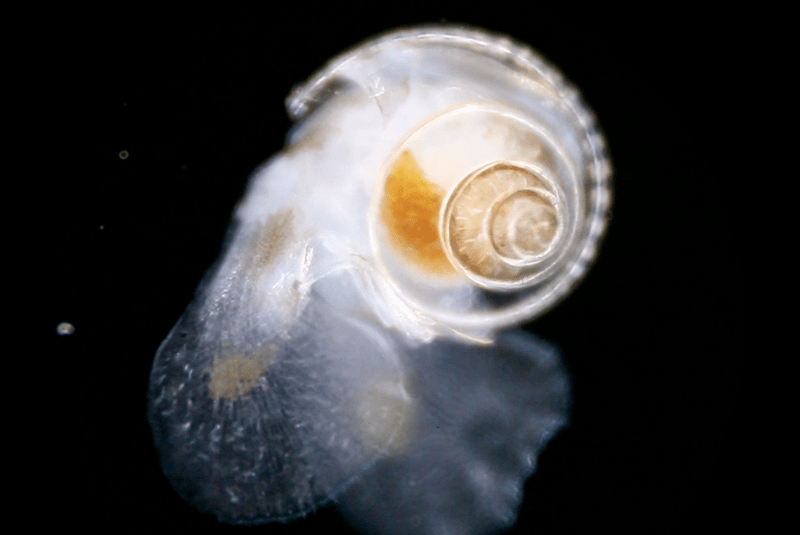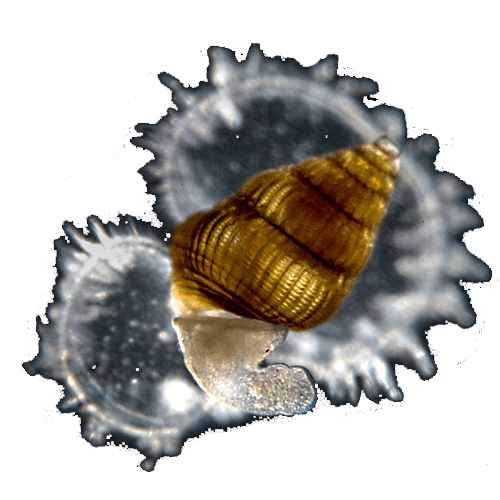

Our objective was to study the reef ecosystem, and ways in which communities can help protect their critical ecosystems. In my community today, this is what I'm hearing: Oceans Acidifying Faster Today Than in Past 300 Million Years.
Now let's get serious again, here: "There is no more important geophysical
relationship on Earth than that between our atmosphere and the ocean. The
atmosphere overlies 100% of our planet, while the ocean covers 75% of its
surface. This provides a large surface area in which the two interact. An
interaction of particular importance is the movement of atmospheric gases into
the ocean, which serves to balance their concentrations in the atmosphere. As
such, an elevated carbon dioxide concentration in the atmosphere results in an
elevated carbon dioxide concentration in the surface ocean (i.e., upper 100-200
metres or so) (Sabine et al. 2004; Royal Society 2005). As carbon dioxide
dissolves in the surface ocean a certain proportion reacts with seawater to
form carbonic acid, which is a weak acid that increases the dissolved hydrogen
ion concentration and decreases pH. This phenomenon is commonly referred to as
'ocean acidification' (Feely et al. 2004; IPCC 2007a)."
From Ocean Acidification: State of the Scotian Shelf Report. Fisheries and Oceans Canada. 2012.
So the two enormous layers of the earth's surface -- its atmosphere, and 75% of its planetary skin -- exchange CO2, and try to maintain a balance. However, what's happening is that the total quantity of CO2 available is increasing, in both the atmosphere and the oceans, which is both warming the planet and acidifying the oceans. [Why can't at least one good thing come out of this?!] Ocean acidification is rightly regarded as global warming's "evil twin": the focus is often on the warming, but both warming and acidification are consequences of the carbon crisis which humans have visited upon the Earth. Each represents an overabundance of carbon where it doesn't belong historically. The following figure illustrates both of these getting "out of line" (while actually following lines, which represent models for their current trends):

Let's be clear -- the oceans aren't acidic yet -- but they're "acidifying" -- that is, the pH of the ocean is getting lower (and hence less basic, or more acidic -- see the figure above). And as the pH drops, the creatures at the base of our food chain are going to be struggling to make shells out of calcium carbonate -- it's going to be harder to find. In fact, however, the ocean may get so acidic that it begins to "melt" the shells of creatures that live there already. Orr, et al. performed experiments on living shellfish, and found that "[w]hen live pteropods were exposed to our predicted level of undersaturation during a two-day shipboard experiment, their aragonite shells showed notable dissolution. Our findings indicate that conditions detrimental to high-latitude ecosystems could develop within decades, not centuries as suggested previously."
| Pteropods can be extraordinarily beautiful: |


|
And if these creatures can't make their shells, or lose their shells, then they're not going to be defending themselves, and they're not going to survive. Game over for the pteropods. And game over for the coral reefs, because they lose their calcium carbonate just as well. Coral reefs are under threat because of that and because of warming seas, which drive their symbiotic algae out, leaving them to die. The double whammy of climate change.
So here's the choice: we've got to cut down on the ocean's diet of carbon, or we're going to lose a lot of species to acidification -- maybe even our own....
